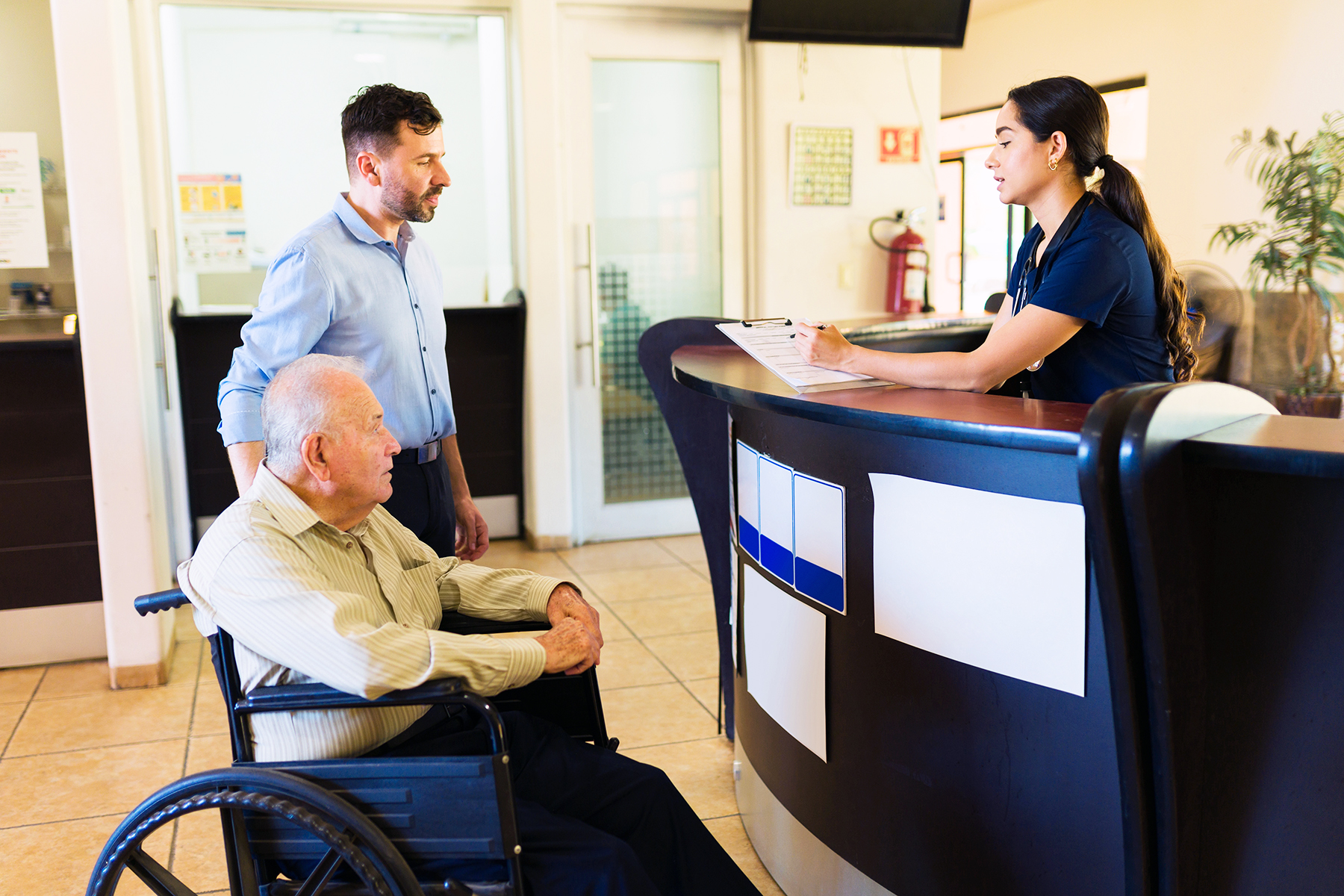
From the desk of Julie —
Are you complying with recently passed changes to Minnesota’s long-term care consultation services statute? Many of the provisions affecting assisted living licensees, become effective August 1, 2022.
Here is a summary of the key changes —
B. Modifies the additional language that must be provided with the assisted living bill of rights. “If you want to report suspected abuse, neglect, or financial exploitation, you may contact the Minnesota Adult Abuse Reporting Center (MAARC). If you have a complaint about the facility or person providing your services, you may contact the Office of Health Facility Complaints, Minnesota Department of Health. If you would like to request advocacy services, you may contact the Office of Ombudsman for Long-Term Care or the Office of Ombudsman for Mental Health and Developmental Disabilities.”
B. Adds a requirement in the posted grievance policy to state that if an individual has a complaint about the facility or person providing services, the individual may contact the Office of Health Facility Complaints at the Minnesota Department of Health.
B. Also requires the facility’s health facility identification number, rather than license number, to be included on the contract in a conspicuous place and manner.
Documents impacted by the new language:• Notice to residents (144G.20 Subd.12)• Resident transfer plans regarding final revocation, refusal to renew, or suspension of license (144G.20 Subd. 15)• Notice regarding a meeting to discuss a resident’s termination (144G.52 Subd.2)• Included as part of the content of notice of termination (144G.52 Subd.8)• Included as part of the content of emergency relocation (144G.52 Subd.9)• Included as part of the content of nonrenewal of housing (144G.53(b))• Included as part of the content of a coordinate move (144G.55 Subd.1)• Included as part of the content of a transfer within the facility (144G.56 Subd.3)• Included as part of the content of a closure plan (144G.57 Subd.3)• Included as part of the resident notice regarding an approved closure plan (144G.57 subd.5)• Included as a required element of the service plan (144G.70 Subd.4)• Included in the updated assisted living bill of rights (144G.91 Subd.21)• Included as a reason to prohibit retaliation (contact with) regarding complaints (144G.92 Subd.1)• Included as information to be included with every assisted living contract (144g.93)
What this means for you:The new law will require administrators and nursing staff to once again update their notices, postings, and policies. Contracts and service plans will need to be modified, and a new bill of rights will need to be provided. For a full review of all the changes, see the attached link to the Minnesota Department of Health 06/16/2022 bulletin. HTTPS://content.govdelivery.com/accounts/MNMDH/bulletins/31c5092
For assistance with updating your documents please visit our website at srcaresolutions.net.

Julie Dietz, RN, PHNSenior Assisted Living ConsultantSenior Care Solutions julie.dietz@srcaresolutions.net























